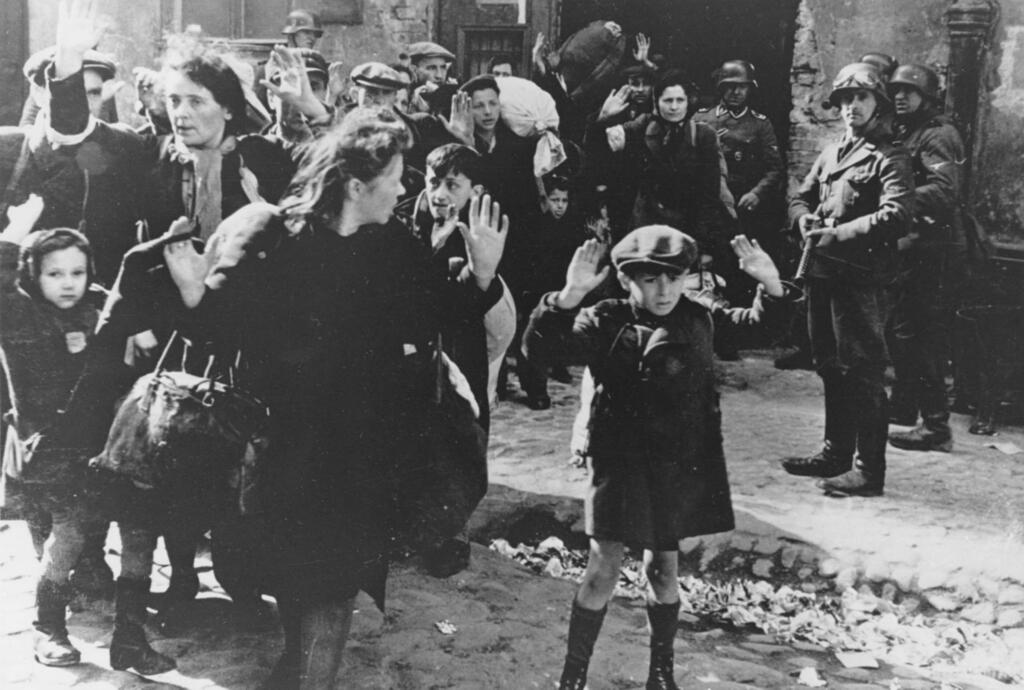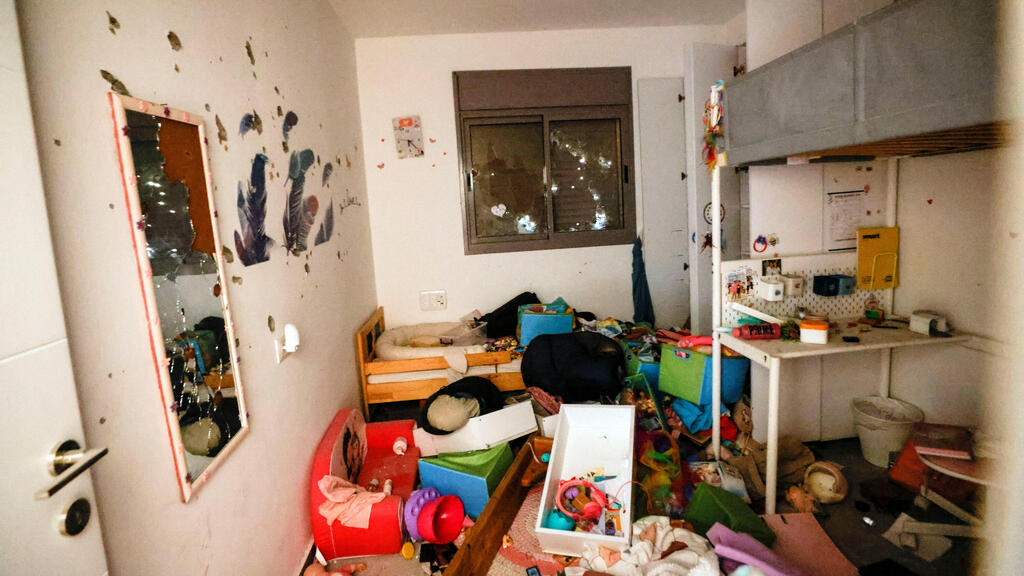Getting your Trinity Audio player ready...
It is no wonder that the perpetrators of the massacre on October 7th have been compared to Nazis, both for their cruelty and for their objective: clearly, a political solution is not the goal of Hamas. Having said that, using "Holocaust" to describe events is best avoided, for several reasons. True, we witnessed scenes which echo events which are deeply imprinted on the consciousness of many Israelis, Jews and others. Families torn apart, people hiding in closets, individuals attempting unsuccessfully to flee bullets; the association is obvious. However, even if that is Hamas' aim, in these terrible times it must be said – it was not a holocaust.
And yet, it is not the Holocaust
(ACT)
Read more:
It is no secret that the Israel Defense Forces was not adequately present on the ground. The helplessness of those who were waiting for the army to arrive and save them defies imagination. But once it arrived, the IDF rose to the challenge, and continues forcefully on its mission. There is criticism that the official response was slow and inadequate. At the same time, organizations and individuals were quick to place their skills and goodwill at the disposal of residents' needs. If only a small part of those resources – state institutions including an army as well as a dedicated and efficient civil society – had been available to the Jews in Europe, the past would have been different.
The dimensions and duration of events are also important. It is inconceivable that, in just one day, more were murdered than during the entire second Intifada, approximately twice the number of fallen during the Six-Day War. From September 1939 until May 1945, some 3,000 Jews were murdered on average every day.
Moreover, the Holocaust was a unique event not only in the history of Jews, but of all humankind. Millions have lost their lives in wars, including more than 20 million Soviet soldiers and civilians who died during World War II. Millions were killed in civil wars or at the whim of dictators, like in Cambodia. Not far from us, countless Armenians were eliminated in the Ottoman Empire – when Hitler plotted against Jews, he pointed to the Armenian precedent as proof that his plan would be unopposed. But there is no other situation like the Holocaust, where the entire apparatus of a country was enlisted for the sole purpose of carrying out a genocide.
The slaughter whose victims are currently being identified and buried is a horror that will forever be imprinted in the annals of our nation. Concern for the injured and dread over the fate of hundreds of hostages envelopes us. But genocide is the communal destruction of a nation. If we define a tragedy which did not threaten the nation and the state as a holocaust, the word loses its meaning and the Holocaust is deprived of its uniqueness. If every disaster is a Holocaust, then none is a holocaust. The severity of the events will not be undermined if we limit ourselves to stating that Saturday, October 7 2023, Simchat Torah 5784, was the worst day for Israel since its establishment 75 years ago.
2 View gallery


Jews, including a small boy, is escorted from the Warsaw Ghetto by German soldiers in 1943
(Photo: AP)
Is that important now, you ask? Should this be an issue, as the dead are being buried and the guns are roaring? Yes. Anyone who tries to influence public opinion – in advertising, politics, education and other fields – will testify that when words and slogans become entrenched, they change consciousness and influence reality. If this is a holocaust, who are we? Warsaw ghetto fighters? Partisans in the forests? The murdered millions? We are not.
It is a disaster. A trauma which will never be erased, especially by those who suffered through it. Endless sorrow for the families of the victims. Undermined sense of security of Israel's residents. Emotional damage. A multi-layered failure. Destruction. Ruin. Unimaginable economic harm. Let that suffice.
- Tova Herzl served as ambassador to South Africa, was the first ambassador to the Baltic countries after the breakup of the USSR, and was responsible for relations with Congress at the Israeli Embassy in Washington






